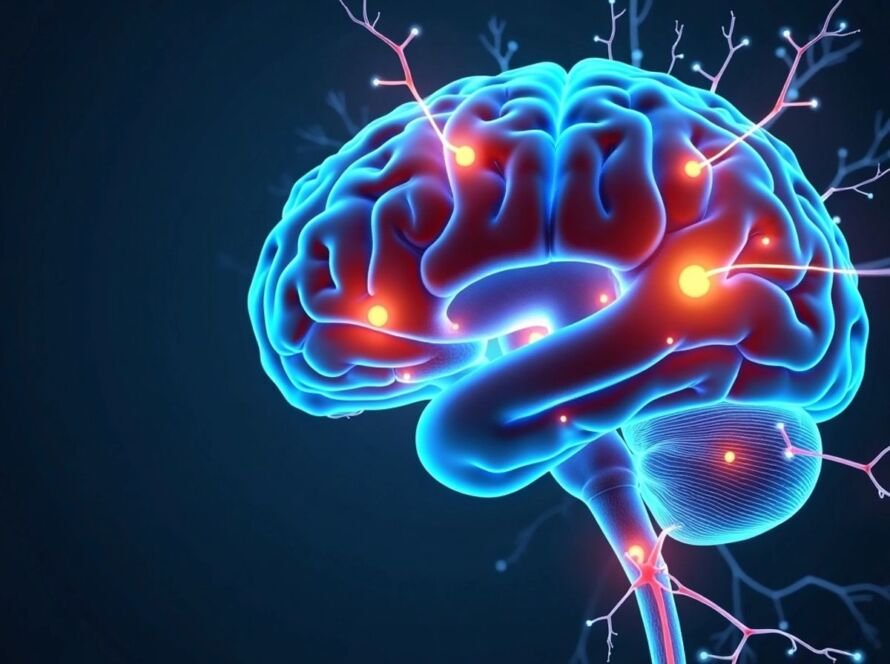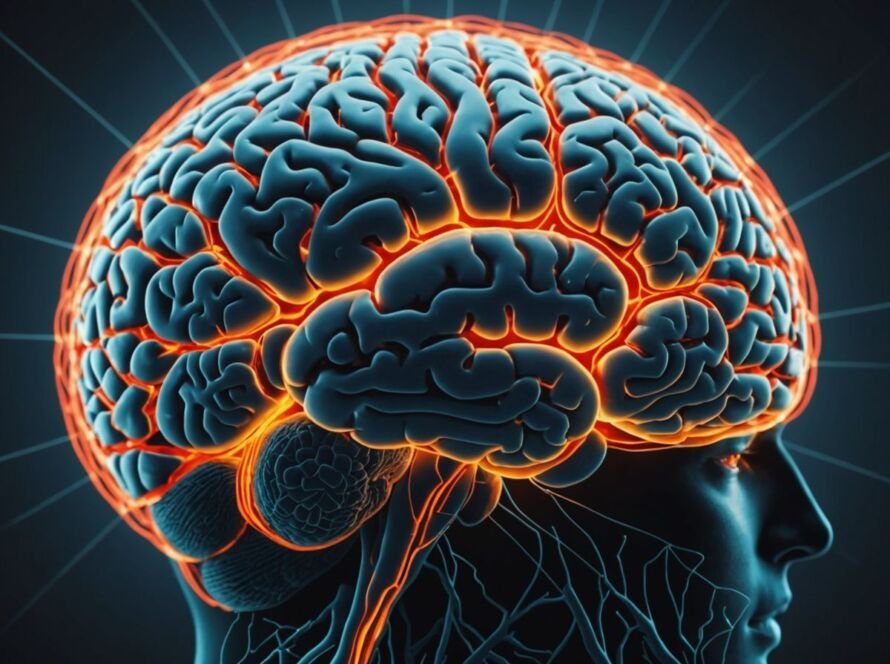Recent research has unveiled that prolonged mental exertion can weaken the connectivity between the brain’s frontal and parietal lobes, affecting cognitive efficiency. However, the brain possesses built-in compensatory mechanisms that adjust neural connections to maintain function even under fatigue. This study sheds light on how these mechanisms can enhance productivity and mental resilience in high-demand situations.
Key Takeaways
- Mental fatigue reduces functional connectivity between the brain’s frontal and parietal lobes.
- Compensatory mechanisms in the brain help maintain task performance under fatigue.
- Simple tasks slow down under fatigue, while complex tasks can trigger compensatory adjustments.
Understanding Mental Fatigue
Mental fatigue is a common experience, especially in environments that require sustained concentration, such as workplaces or academic settings. The recent study conducted by scientists from Immanuel Kant Baltic Federal University explored how mental fatigue impacts cognitive performance and the brain’s ability to adapt.
The Study’s Methodology
The research involved 14 participants aged 18 to 22 who completed a series of memory tasks over 70 minutes. The tasks were divided into two categories:
- Simple Tasks: Involving memorization of 2-3 letters.
- Complex Tasks: Involving memorization of 6-7 letters.
Using functional near-infrared spectroscopy (fNIRS) and eye-tracking technology, researchers monitored brain activity and visual perception while also assessing fatigue levels through questionnaires.
Findings and Observations
The results indicated that while participants experienced increased fatigue, their performance did not significantly decline. Notably, the time taken to complete simple tasks increased, whereas the time for complex tasks remained stable. This suggests that the brain activated compensatory mechanisms to cope with fatigue during more demanding tasks.
Key observations included:
- A weakening of functional connections between the frontal and parietal lobes as fatigue increased.
- Participants who performed better on complex tasks exhibited higher connectivity between these brain regions.
Implications of the Research
Understanding how the brain compensates for fatigue has significant implications for various fields, including education, workplace productivity, and mental health. The findings suggest that:
- Task Complexity Matters: The brain optimizes its resources based on the complexity of the task at hand. Complex tasks require more attention and resource mobilization, while simpler tasks can be completed with minimal effort.
- Potential for Enhanced Productivity: By recognizing the brain’s adaptive capabilities, strategies can be developed to enhance productivity and mental resilience, particularly in high-demand scenarios.
Conclusion
This research highlights the brain’s remarkable ability to adapt and maintain performance under mental fatigue. As we continue to explore the intricacies of cognitive function, understanding these compensatory mechanisms may pave the way for improved strategies to manage mental fatigue in various settings. The study serves as a reminder of the brain’s resilience and its capacity to optimize performance, even when faced with challenges.
Sources
- Mental Fatigue Triggers Compensatory Brain Mechanisms – Neuroscience News, Neuroscience News.

